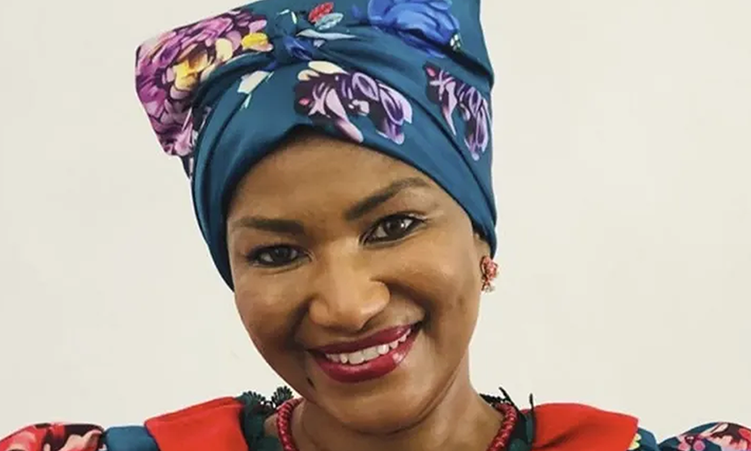Namibian biodiversity expert negotiater Betty Schröder has been re-elected to serve on the Nagoya Protocol Compliance Committee under the Convention on Biological Diversity (CBD).
Schröder was the chairperson of the committee and her re-election was held at the 16th Conference of Parties to the CBD in Cali, Colombia, last week. She represents the African continent on the committee.
Schröder told The Namibian her re-election comes at a crucial time as Namibia faces increasing global pressure on its natural resources.
She says as the continent rallies for the implementation of the Nagoya Protocol, designed to ensure the fair and equitable sharing of benefits derived from genetic resources, her continued contribution is pivotal.
“With international cosmetic and pharmaceutical companies increasingly clamouring for natural and sustainable ingredients, Namibia stands at a crossroads: poised to leverage its environmental wealth while safeguarding the rights and knowledge of its indigenous and local communities.
Africa, and Namibia in particular, has been instrumental in the development and enactment of the Nagoya Protocol,” she says.
Schröder says as global demand for these natural ingredients escalates, the country’s access and benefit-sharing (ABS) office has reported a notable increase in permit applications, a trend bolstered by the country’s ABS legislation enacted in 2021.
“Our indigenous and local communities have long been the stewards of these invaluable resources. As demand surges, it is imperative that they are the primary beneficiaries, not mere bystanders in their own heritage,” she adds.
According to her, the Nagoya Protocol is a cornerstone of Africa’s collective strategy for biodiversity management, and since its implementation in 2014, African nations have collaborated to develop national ABS frameworks.
However, she says despite these efforts, challenges persist – ranging from lack of capacity to establishing equitable benefit-sharing mechanisms.
Schröder says her re-election is crucial for maintaining a unified African stance on biodiversity issues and her expertise at the intersection of international law, indigenous rights, and commercial interests will be essential in steering Namibia and other resource-rich nations through this pivotal period.
The committee is responsible for examining situations where parties fail to submit their national reports and to deal with systematic issues of general non-compliance.
The Nagoya Protocol was adopted on 29 October 2010, in Nagoya, Japan, and came into force on 12 October 2014.
The Nagoya Protocol is a global realisation of the need to implement the third objective of the CBD, which calls for fair and equitable sharing of benefits arising from the commercial utilisation of genetic resources.
The post Namibia’s role in global biodiversity governance strengthened appeared first on The Namibian.











Pingback: UrbanGeekz Chief Exec Takes to Stage at Inaugural Africa Gate to Growth Forum - Esbecgroup
Pingback: ZAMBIANS HAVE AGREED TO AMEND THE CONSTITUTION IN AFFIRMATIVE State House - Esbecgroup
Pingback: Editor's Notes: Israel should listen to Musk and create a DOGE of its own - Esbecgroup
Pingback: OpenAI Appoints Nigerian Billionaire Adebayo Ogunlesi to its Board - Esbecgroup
Pingback: Govt committed to supporting public sector lawyers President - Esbecgroup